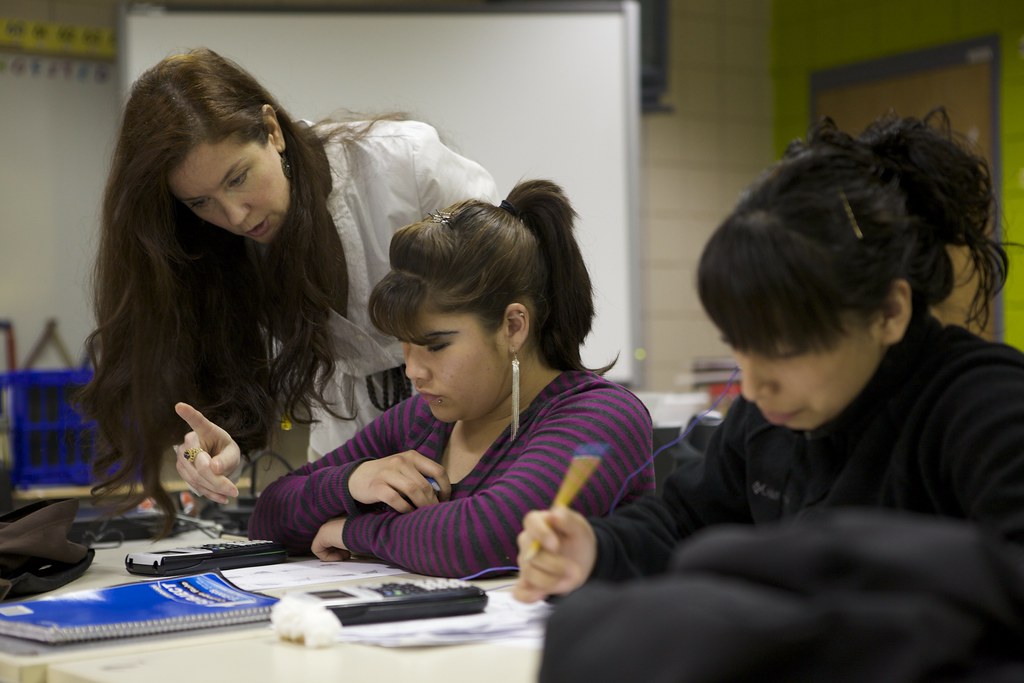
Mathematics Education
Environmental & Science Education
by Edward Hessler
Why learn mathematics? The arguments are well known and important.
This is about another reason, one though, that is heard infrequently. It was once expressed as one of the five criteria for selecting concepts having to do with broad goals that justify universal public education in a free society.
The authors of Science For All Americans (Oxford University Press, 1990) stated it as follows. The criterion is titled, “The Intrinsic Value of Knowledge." And the question the authors asked as they selected concepts/processes basic to scientific literacy was, "Does the proposed content present aspects of science mathematics, and technology that are so important in human history or so pervasive in our culture that a general education would be incomplete without them?”
The five questions may be found in the introduction to the book.
Sure, this is hardly a compelling argument to young students! Still, I like it and it is a powerful argument for schooling. And I think it can be used as one reason for "why do we have to learn this stuff?" Maybe the idea will stick.
In a short profile in The New Yorker, Thomas Lin wrote about the flamboyant French mathematician Cedric Villani. He is the real thing, a recipient of the Fields Medal (2010), mathematics highest honor and recognition to young mathematicians. In Lin's essay, he asked Villani about the “torture” some experience of learning complex mathematics in school. “I hate this,” Villani said. “If you only teach stuff that is useful, then what do we need to teach in school? Not much. … Languages were invented all around the world; technology was invented many times. Mathematics was developed once and collectively — your culture cannot be complete if you don’t have at least a glimpse of what is mathematical reasoning.”
This begs the question of what constitutes mathematical reasoning or what kinds of maths would lead to it but it is an idea worth discussing and considering as maths are taught K-12. And hidden from view is a fascinating question on whether mathematics was discovered or invented.
I can’t remember which I read first, Thomas Lin on Villani or Peter Woit on Villani. Woit, a mathematical physicist at Columbia University, writes a great blog on maths and physics mostly for practitioners but liberally sprinkles it with references to books and essays, many of which are accessible to the general reader. Furthermore, he often comments on them.
In the April 15 Not Even Wrong, Professor Woit draws attention to Villani's appearance in New York City and highlights the question above by citing a question found on the website for the PBS Nova Program The Great Math Mystery. Is math a human invention or the discovery of the language of the universe? For Woit, the answer is clear. He drily asserts, "it is the latter." His reasons are found in Towards A Grand Unified Theory of Mathematics and Physics.
It is a challenging paper for folks like me but clearly worth scanning and gleaning from. It reminded me of a short phrase in the splendid biography of physicist Murray Gell-Mann by George Johnson. Johnson describes the universe as "crystalline mathematics." Warning! This may not be what Professor Woit has in mind!
However, as long as I’m dabbling in maths I want to circle back to the real world of students and maths learning. In mid-April, NPR had a great story on maths learning and its use in an agriculture class in Colorado. Building a large steel bale feeder is a not an easy problem conceptually and in its construction. After hearing this program I thought for these students this is going to be a memorable and warm experience, useful, too. It made use of a teachable moment and also showed how teachers can collaborate in helping students to learn.
I sent the story to a friend who has considerable experience in maths education, assessment and technical education. He responded by telling me that “this is happening across MN in school labs every day. But there are fewer and fewer programs like this each year because NCLB has narrowed the curriculum and Ag/Tech Ed/CTE courses are now on the endangered species list.” And he has the data on his computer, promising to show it to me sometime when we meet.
Students need these kinds of experiences. They are another way to the literacy in mathematics that current research and standards describe.

No comments:
Post a Comment